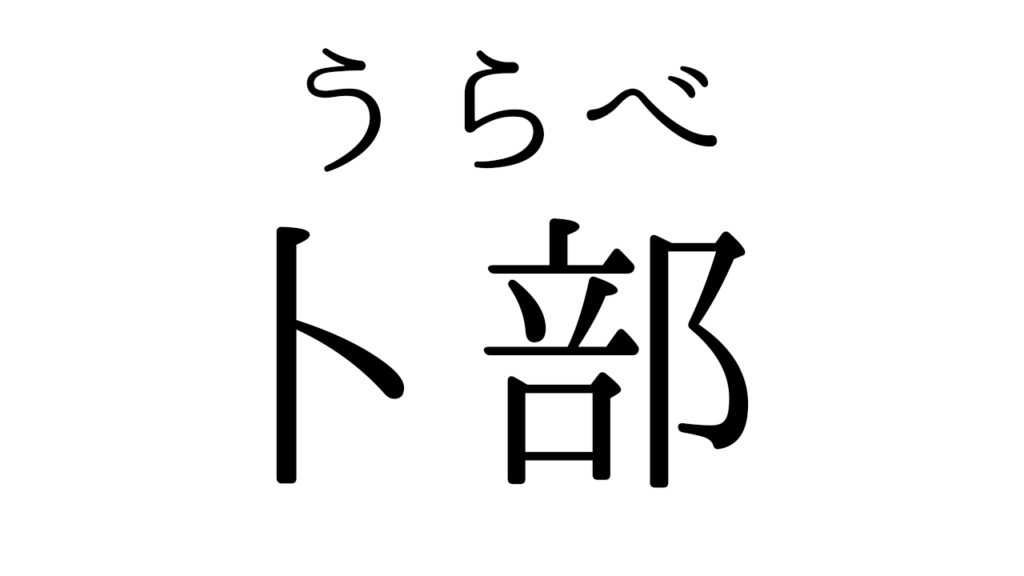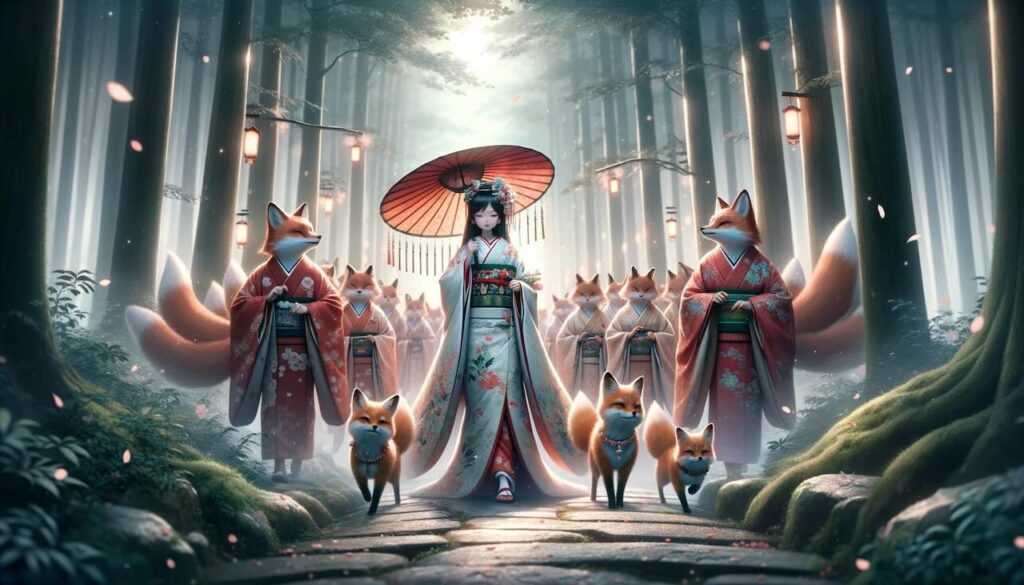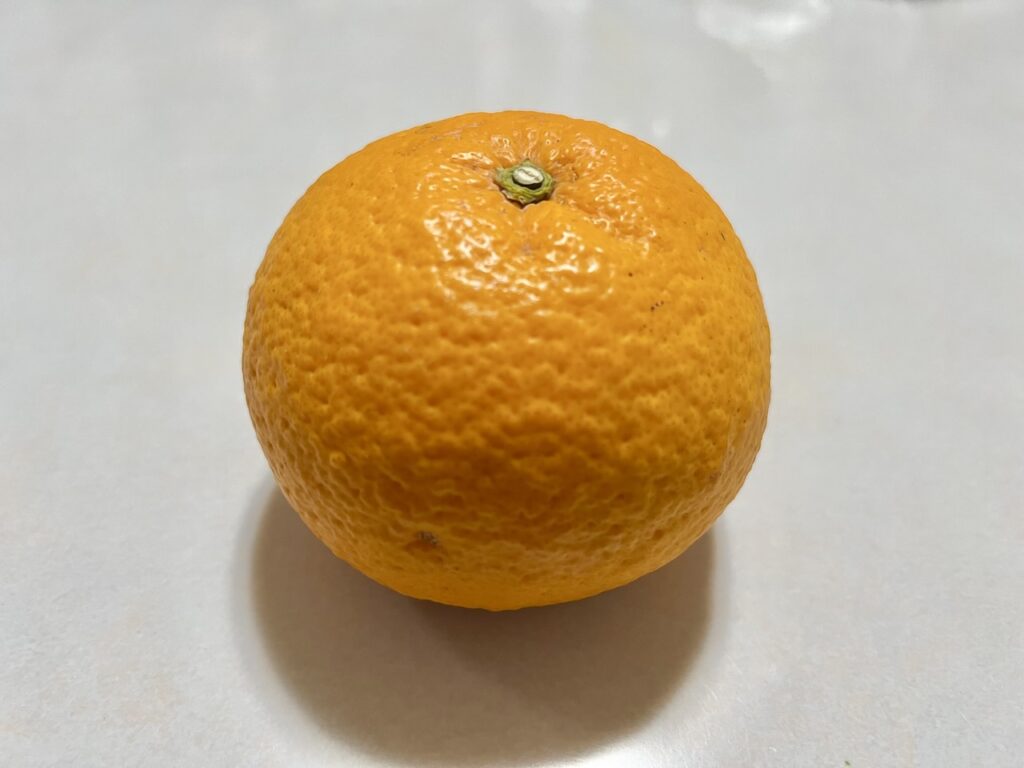A Simple Character with a Deep Story
At first glance, the kanji “卜” looks simple — just a small stroke and a curve.
But behind its unassuming appearance lies a rich tapestry of history, language evolution, and cultural significance.
Why is “卜” read as “ura” in Japanese? Let’s dive into its origins and unravel this intriguing mystery.
The Ancient Roots of “卜”
The kanji “卜” traces its origins back to ancient China, where it symbolized divination practices:
- It represents the art of bokusen — a method of divination where cracks in heated bones or turtle shells were interpreted as signs from the gods.
- This practice dates back to the Yin (Shang) Dynasty, around the 16th–11th centuries BCE.
- The cracks created through fire were seen as messages about fate, guiding decisions for everything from battles to harvests.
Thus, “卜” originally depicted the mystical process of seeking knowledge from the unseen world.
Why Is “卜” Read as “Ura” in Japanese?
The reading of “卜” as “ura” stems from the linguistic adaptation that occurred when Chinese kanji were introduced to Japan:
- As kanji spread to Japan, they were often assigned kun’yomi — native Japanese readings that matched existing concepts.
- In this case, the native Japanese word “uranai” (占い), meaning divination, was shortened to “ura” when linked to the kanji “卜.”
- Over time, this abbreviated form became established through linguistic evolution, blending the original Chinese meaning with Japanese phonetics and culture.
This adaptation highlights the fascinating ways language transforms as it crosses cultural boundaries.
How “卜” Appears in Modern Japan
Today, “卜” and its related meanings show up in a variety of places beyond historical divination:
- Family Names:
- Urabe (卜部) is a classic example — a surname rooted in ancient ritualistic roles involving divination.
- Place Names:
- In some regions, “卜” appears in geographic names, though its reading and significance may vary.
- Cultural Symbolism:
- Even now, “卜” carries deep associations with fate, prediction, and the unseen forces that shape life.
Though rarely used in everyday conversation, the character quietly persists as a cultural and historical marker.
Final Thoughts: A Window into Language and Belief
Understanding why “卜” is read as “ura” offers a glimpse into the interwoven histories of China and Japan, and the dynamic evolution of language and meaning.
What started as an ancient symbol of divination has traveled across time and cultures, leaving traces in family names, folklore, and Japanese linguistic heritage.
Next time you encounter this small but powerful kanji, you’ll know — it carries with it the echoes of humanity’s age-old quest to understand destiny.
For further exploration into the fascinating world of kanji history:


